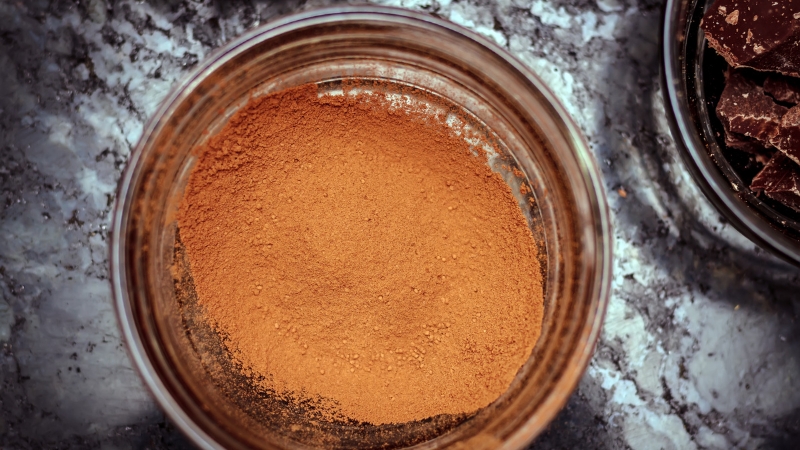Cinnamon powder is a versatile spice that not only adds a delightful flavor to various dishes but also offers significant health benefits, such as aiding digestion, reducing inflammation, and regulating blood sugar. However, excessive consumption of cinnamon powder may lead to some potential side effects that users should be aware of to ensure safe usage.

1. High Coumarin Content Can Harm the Liver
Coumarin is a compound found in cinnamon powder, especially in Cassia cinnamon (the most commonly used variety in many countries, including Vietnam). Consuming too much coumarin can pose a risk of liver damage. The recommended safe intake of coumarin by experts is approximately 0.1 mg/kg of body weight per day. Individuals with liver issues should be particularly cautious and limit their intake of cinnamon powder.
2. Increased Risk of Bleeding
Cinnamon powder can increase the risk of bleeding if the user is taking blood-thinning medications, such as warfarin or aspirin. This is due to cinnamon’s ability to interact with these drugs and reduce the body’s natural blood-clotting capacity. If you are on anticoagulant medication, consult your doctor before incorporating cinnamon into your daily diet.

3. Irritation of the Mouth and Skin
Some individuals may experience allergic reactions or sensitivity to cinnamon powder, leading to symptoms such as mouth irritation, gingivitis, or even mouth ulcers. When applied directly to the skin (for instance, in beauty products or treatments), cinnamon can also cause skin allergies, rashes, or irritation. To avoid these reactions, test cinnamon on a small area of skin before widespread use.
4. Increased Risk of Hypoglycemia
Cinnamon is known for its ability to help regulate blood sugar levels, particularly beneficial for individuals with diabetes. However, if used in conjunction with blood sugar-lowering medications, cinnamon may cause excessive drops in blood sugar levels, leading to symptoms such as fatigue, dizziness, and even fainting. If you are taking medications to control blood sugar, consult your doctor to adjust the appropriate cinnamon dosage.

Cautions When Using Cinnamon Powder
To ensure safety and avoid potential side effects, here are some guidelines for using cinnamon powder:
- Use in Moderation: While cinnamon offers numerous benefits, it should be used in moderation to avoid overuse. The recommended safe dosage for adults is no more than 1-2 teaspoons (approximately 2-4 grams) per day.
- Choose Safe Varieties: Ceylon cinnamon (Cinnamomum verum) is considered a better option due to its lower coumarin content compared to Cassia cinnamon. Whenever possible, opt for Ceylon cinnamon to minimize the risks associated with coumarin.
- Consult a Doctor: If you are on medications, particularly blood thinners, blood sugar control, or liver disease treatments, consult a healthcare professional before regularly using cinnamon powder.

Conclusion
Cinnamon powder provides numerous health benefits, but excessive or improper use may result in harmful side effects. Be mindful of your dosage and the type of cinnamon you use, and consult a doctor when necessary to ensure your health and safety.



